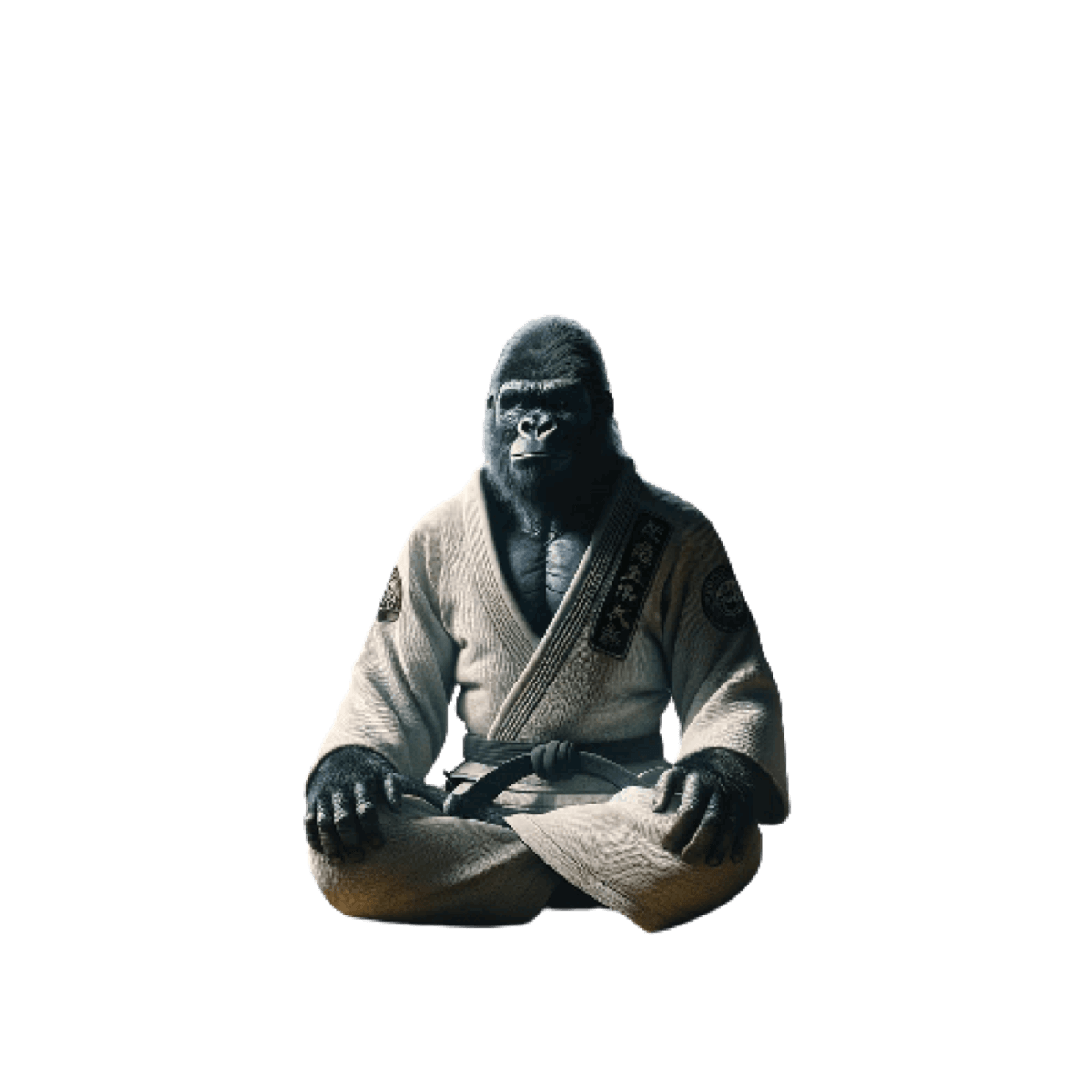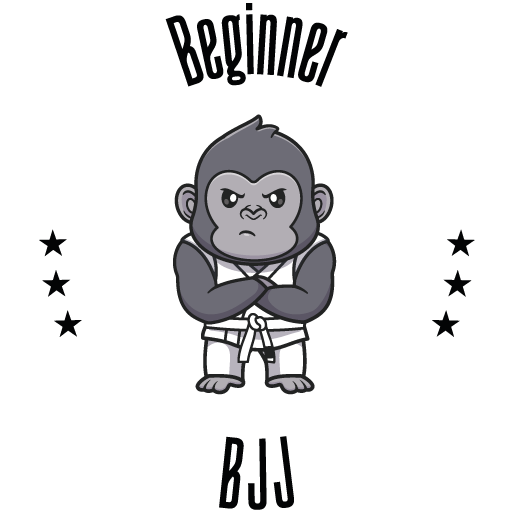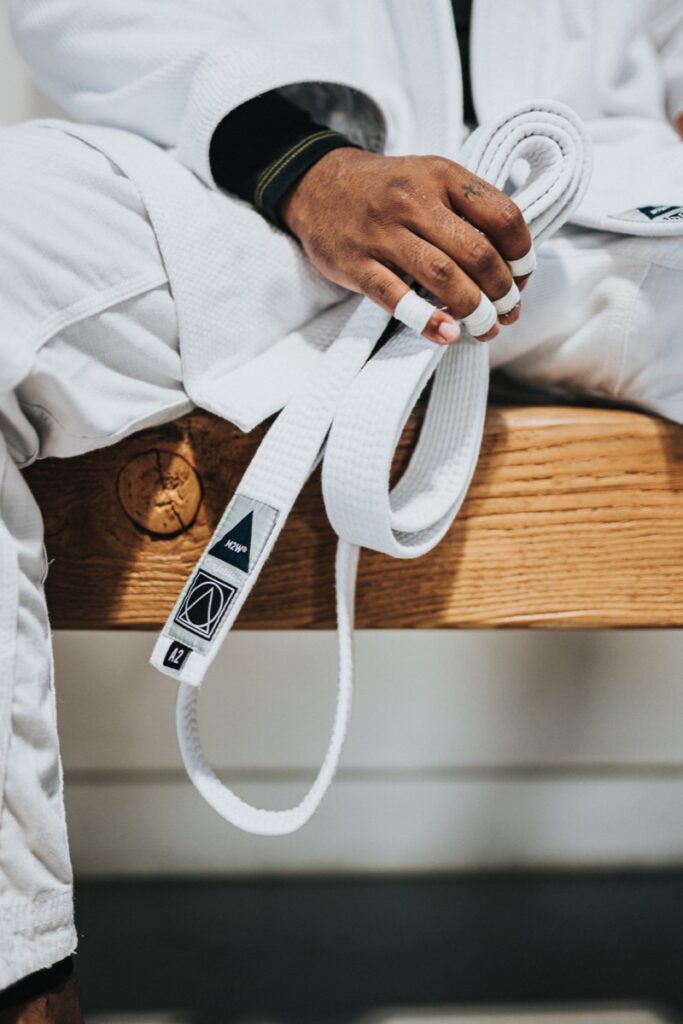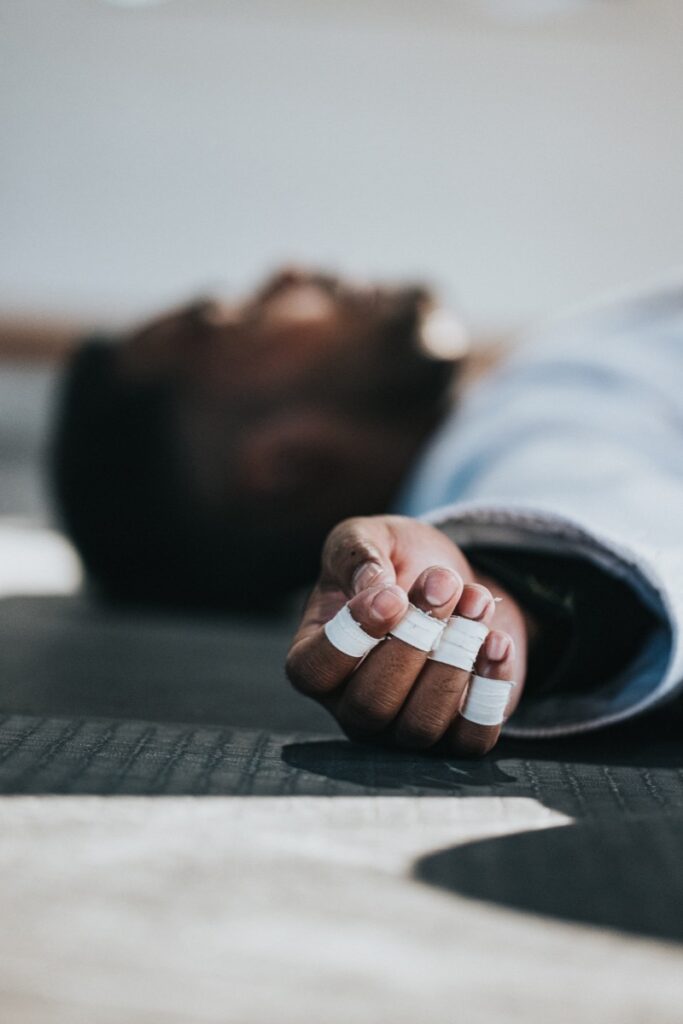Menu
Close
BJJ events and competitions: Stepping stones to mastery
The importance of BJJ events and competitions in a practitioner's journey
Welcome to the world of Brazilian Jiu-Jitsu (BJJ) events and competitions, an integral aspect of the martial art that often shapes a practitioner’s journey towards mastery. Whether you’re a beginner looking to gain more experience or a seasoned player seeking new challenges, BJJ competitions provide a platform for testing and improving your techniques, strategies, and mental resilience under pressure.
You’ll find a vibrant community of BJJ enthusiasts in these events, from first-time competitors to high-level practitioners. You’ll witness a showcase of discipline, technique, and the unique problem-solving essence that makes BJJ compelling and addictive.
But what types of BJJ competitions are there? How do you prepare for your first tournament? And why are BJJ events crucial for your growth in this sport? This comprehensive guide will delve into these questions, offering a deeper understanding of BJJ events and competitions.
Embark on this exciting aspect of your BJJ journey, perfecting your skills, building your resilience, and connecting with a global community passionate about Brazilian Jiu-Jitsu.
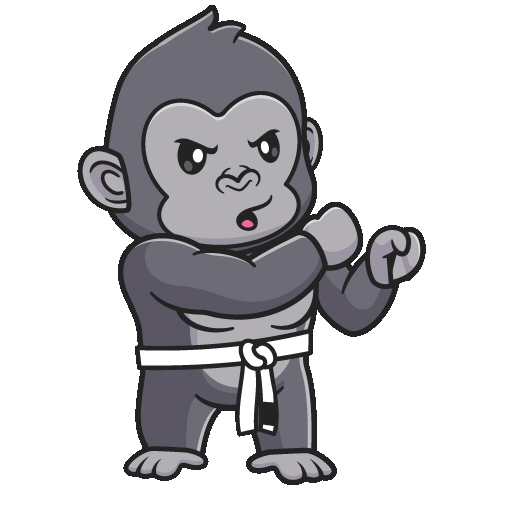
Understanding BJJ competitions
Embarking on your Brazilian Jiu-Jitsu journey also means immersing yourself in BJJ competitions. These events test your mettle against fellow practitioners and push your skills, tactics, and endurance to the limit. Here, we delve into the fascinating realm of BJJ competitions to give you a better perspective.
Types of BJJ competitions
As a diverse martial art, Brazilian Jiu-Jitsu offers various competition formats that cater to different skill sets and preferences.
Two of the most common types are Gi and No-Gi tournaments, where the former requires competitors to wear a traditional kimono (Gi).
At the same time, the latter allows for less restrictive attire, typically shorts and a rash guard. Each of these formats requires unique strategies and techniques, emphasizing the vast spectrum of BJJ.
Another increasingly popular format is the submission-only competition. In these events, points are cast aside, and the sole focus is securing a submission to win the match.
This format highlights the art’s practical and tactical elements, attracting many practitioners who relish the challenge of pure BJJ combat.
Major BJJ tournaments
As you advance in your BJJ journey, you’ll inevitably hear about major tournaments that draw competitors from across the globe.
The International Brazilian Jiu-Jitsu Federation (IBJJF) hosts some of the most prestigious events, including the World Jiu-Jitsu Championship, widely considered the top competition in the Gi division.
Another titan in the BJJ competition scene is the Abu Dhabi Combat Club (ADCC), hosting the ADCC Submission Wrestling World Championship, the most respected No-Gi tournament.
Participating in or even spectating these grand events can give you a deeper appreciation for the sport and a better understanding of high-level competitive BJJ.
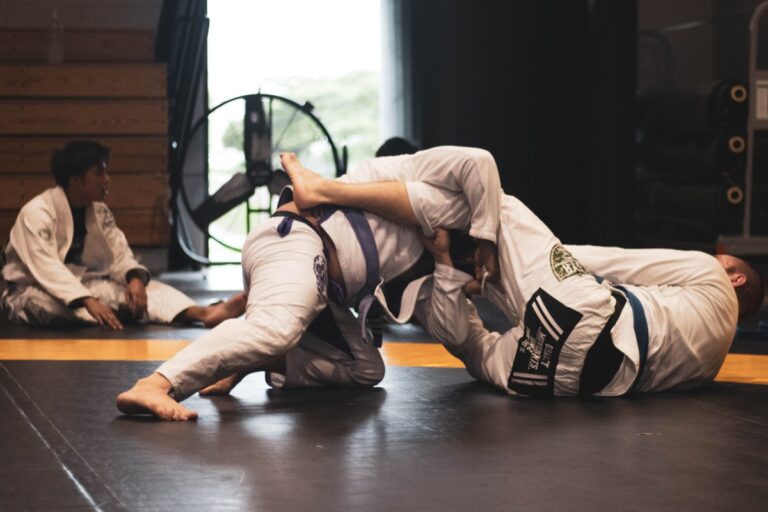
Preparing for your first BJJ competition
Entering your first BJJ competition is a significant step on your martial arts journey. It provides a platform to test your skills, resilience, and mental toughness against competitors. However, preparing for competition requires an altered approach to your usual training, with a heightened focus on techniques, strategy, and mental fortitude. Here’s how to gear up for the big day:

BJJ training tips for competitions
Training for a BJJ competition differs significantly from regular training sessions. With competition on the horizon, it’s crucial to increase the intensity of your training, often involving more sparring rounds, conditioning workouts, and specialized techniques.
Mastering the scoring system is equally critical. Understanding how points and advantages are awarded will help you strategize effectively during matches. Additionally, practice specific competition scenarios like passing the guard, defending submissions, and securing positions for points.
Remember to familiarize yourself with the rules of the competition format you’re entering. The regulations for Gi, No-Gi, and submission-only competitions can differ significantly, and being aware of the rules can keep you from losing valuable points or being disqualified.

Mental preparation for BJJ competitions
Physical preparation is only half the battle in BJJ competitions; your mental game is equally vital. Psychological factors like stress, anxiety, and fear can affect your performance significantly. Thus, incorporating mental conditioning into your training is crucial.
Start by setting realistic goals for the competition. As a first-time competitor, your aim could be as simple as executing a technique you’ve been working on or just gaining experience. Remember, winning isn’t everything, especially in your initial competitions.
Visualization exercises can also be beneficial. Imagine yourself performing techniques successfully and reacting calmly to challenging situations. This mental rehearsal can boost your confidence and reduce anxiety on competition day.
Finally, remember to breathe. It sounds simple, but deep, controlled breathing can help you stay calm, think clearly, and maintain your stamina during a match. Incorporate breath control exercises into your training routine and use them before and during the competition.
Navigating BJJ beginner events
Brazilian Jiu-Jitsu events range from local competitions to international championships. These events offer various opportunities to learn, network, and test your skills against other practitioners. However, choosing a suitable event and understanding what to expect can be challenging for beginners. Here’s some advice to guide you:
How to choose BJJ events
Choosing the suitable BJJ event largely depends on your personal goals and experience level. For beginners, starting with smaller, local competitions is generally recommended. These events offer a less intimidating environment to get a feel for competitive BJJ and test your skills.
Consider the competition format that aligns with your training focus. A Gi tournament is more suitable if you train in a Gi. Conversely, if you’re more comfortable without the gi, consider No-Gi or submission-only competitions.
Investigate the event’s hosting organisation to understand its rules, judging criteria, and reputation within the BJJ community. Reliable and well-organised events ensure fair play and safety for all participants.
Finally, discuss your competition plans with your coach or instructor. Their guidance can help you select an event that matches your skill level and provides the proper challenge for your development.
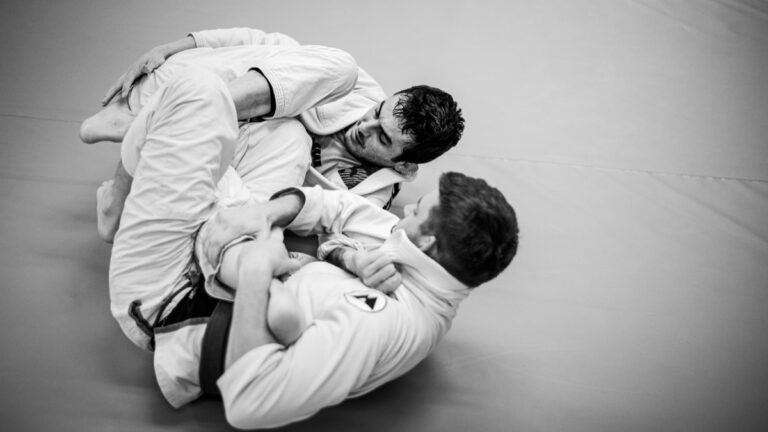
What to expect at BJJ events
Attending a BJJ event, especially for the first time, can be an exciting yet nerve-racking experience. Here’s what typically happens:
Upon check-in, you’ll confirm your weight class and division. Most events hold a weigh-in just before your first match.
Before the competition starts, a rules meeting is typically held. Here, the event organisers explain the event rules, scoring system and address any questions.
Competitions are divided into brackets based on the competitors’ weight and belt class. You will face off against competitors from your bracket in matches, with winners advancing until a champion emerges.
Matches are overseen by referees who ensure adherence to rules and award points for successfully executed techniques.
In addition to the competition, BJJ events often feature vendor booths selling martial arts gear, nutrition products, and more. It’s an opportunity to connect with the broader BJJ community, learn about the latest products, and even snag some great deals.
Remember, every competition experience is a chance to learn and grow as a BJJ practitioner. Win or lose, make sure to reflect on your performance and identify areas for improvement.
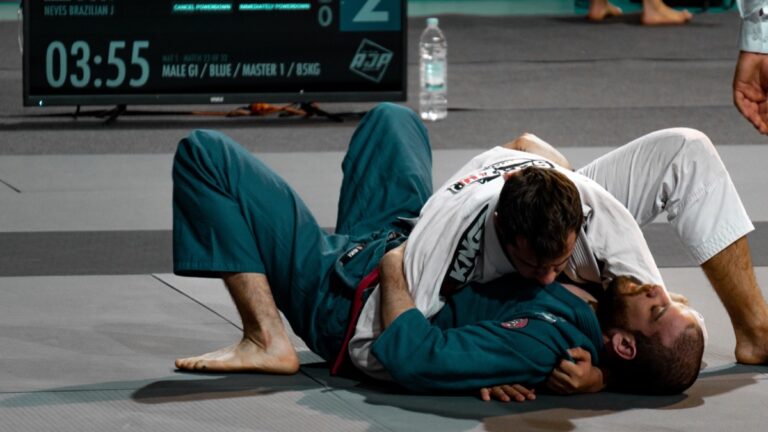
Post-competition analysis and feedback
Competition experiences in Brazilian Jiu-Jitsu are a goldmine of learning opportunities. They provide insights into your strengths, weaknesses, and areas for improvement. Further, by analyzing recent competitions and understanding the techniques used by champions, you can glean valuable insights to incorporate into your training regimen.
Breakdowns of recent competitions
Staying updated with recent competitions is a fantastic way to stay in tune with the competitive pulse of BJJ.
Here, we’ll analyze key matches from recent events, dissecting essential sequences and discussing the techniques that made the difference.
We will consider the strategies, positioning, transitions, submissions, and escapes. Through this analysis, you’ll understand how techniques and strategies unfold in real competitive scenarios.
This knowledge can significantly contribute to decision-making and tactical planning in your matches.
Learn from the best
When honing your BJJ skills, there’s much to learn from the champions. These top-tier practitioners display a masterful blend of technical knowledge, physical conditioning, strategic insight, and mental toughness.
We’ll highlight and break down techniques frequently employed by these champions – from their precise setups and transitions to their expert execution of submissions. We’ll also delve into the nuances that make their execution so effective.
Whether it’s Marcus “Buchecha” Almeida’s open guard, Roger Gracie’s mount, or Gabi Garcia’s pressure passing, understanding these champion-level techniques can give you ideas to refine your game.
Frequently asked questions about BJJ Comps & Events
What should I know before my first BJJ competition?
Preparing both physically and mentally before entering your first BJJ competition is essential. Ensure you’re familiar with the competition rules, have a game plan, and are well-conditioned for the matches.
How can I find BJJ events near me?
There are various online platforms and forums where upcoming BJJ events are announced. Additionally, joining a BJJ community or group can help you stay updated with local events.
What's the difference between Gi and No-Gi competitions?
Participants wear a traditional BJJ gi in Gi competitions, and techniques often involve using the opponent’s gi. In contrast, No-Gi competitions require rash guards and shorts or spats, and gripping the opponent’s clothing is not allowed.
What are some of the significant BJJ competitions?
Some major BJJ competitions include events organized by the International Brazilian Jiu-Jitsu Federation (IBJJF), Abu Dhabi Combat Club (ADCC), and the Brazilian Jiu-Jitsu Professional Cup.
What should I do after a BJJ competition?
After a competition, it’s essential to reflect on your performance. Analyze your matches, identify areas of improvement, and incorporate this feedback into your training. Remember, every competition is a learning opportunity.

